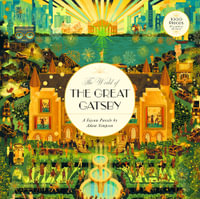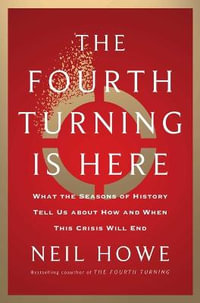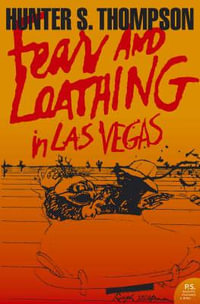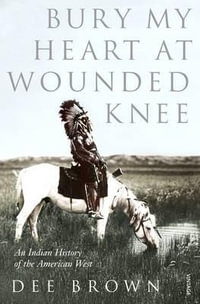
Science and the Social Good
Nature, Culture, and Community, 1865-1965
By: John P. Herron
Hardcover | 4 February 2010
At a Glance
Hardcover
RRP $208.00
$124.75
40%OFF
Aims to ship in 5 to 10 business days
When will this arrive by?
Enter delivery postcode to estimate
As comfortable in the royal courts of Europe as the remote field camps of the American West, Clarence King was the founding director of the U.S. Geological Survey, and used his standing to integrate science into late nineteenth century political debates about foreign policy, immigration, and social reform. In the mid-1930s, Robert Marshall founded the environmental advocacy group, The Wilderness Society, which transformed the face of natural preservation in America. Committed to social justice, Marshall blended forest ecology and pragmatic philosophy to craft a natural science ethic that extended the reach of science into political discussions about the restructuring of society prompted by urbanization and economic crisis. Rachel Carson deservedly gets credit for launching the modern environmental movement with her 1962 classic Silent Spring. She made a generation of Americans aware of the social costs inherent in the human manipulation of the natural world and used natural science to critique established institutions and offer an alternative vision of a healthy and diverse society. As King, Marshall, and Carson became increasingly wary of the social costs of industrialization, they used their scientific work to address problems of ecological and social imbalance. Even as science became professionalized and compartmentalized. these scientists worked to keep science relevant to broader intellectual debates.
John Herron offers a new take on King, Marshall, and especially Carson and their significance that emphasizes the importance of their work to environmental, political, and cultural affairs, while illuminating the broader impact of natural science on American culture.
Industry Reviews
ISBN: 9780195383546
ISBN-10: 0195383540
Published: 4th February 2010
Format: Hardcover
Language: English
Number of Pages: 288
Audience: Professional and Scholarly
Publisher: Oxford University Press USA
Country of Publication: US
Dimensions (cm): 15.5 x 23.6 x 3.1
Weight (kg): 0.56
Shipping
| Standard Shipping | Express Shipping | |
|---|---|---|
| Metro postcodes: | $9.99 | $14.95 |
| Regional postcodes: | $9.99 | $14.95 |
| Rural postcodes: | $9.99 | $14.95 |
How to return your order
At Booktopia, we offer hassle-free returns in accordance with our returns policy. If you wish to return an item, please get in touch with Booktopia Customer Care.
Additional postage charges may be applicable.
Defective items
If there is a problem with any of the items received for your order then the Booktopia Customer Care team is ready to assist you.
For more info please visit our Help Centre.












![Hidden Figures : The Untold Story of the African American Women Who Helped Win the Space Race [Film Tie-In Edition] - Margot Lee Shetterly](https://www.booktopia.com.au/covers/200/9780008201326/null/hidden-figures.jpg)










